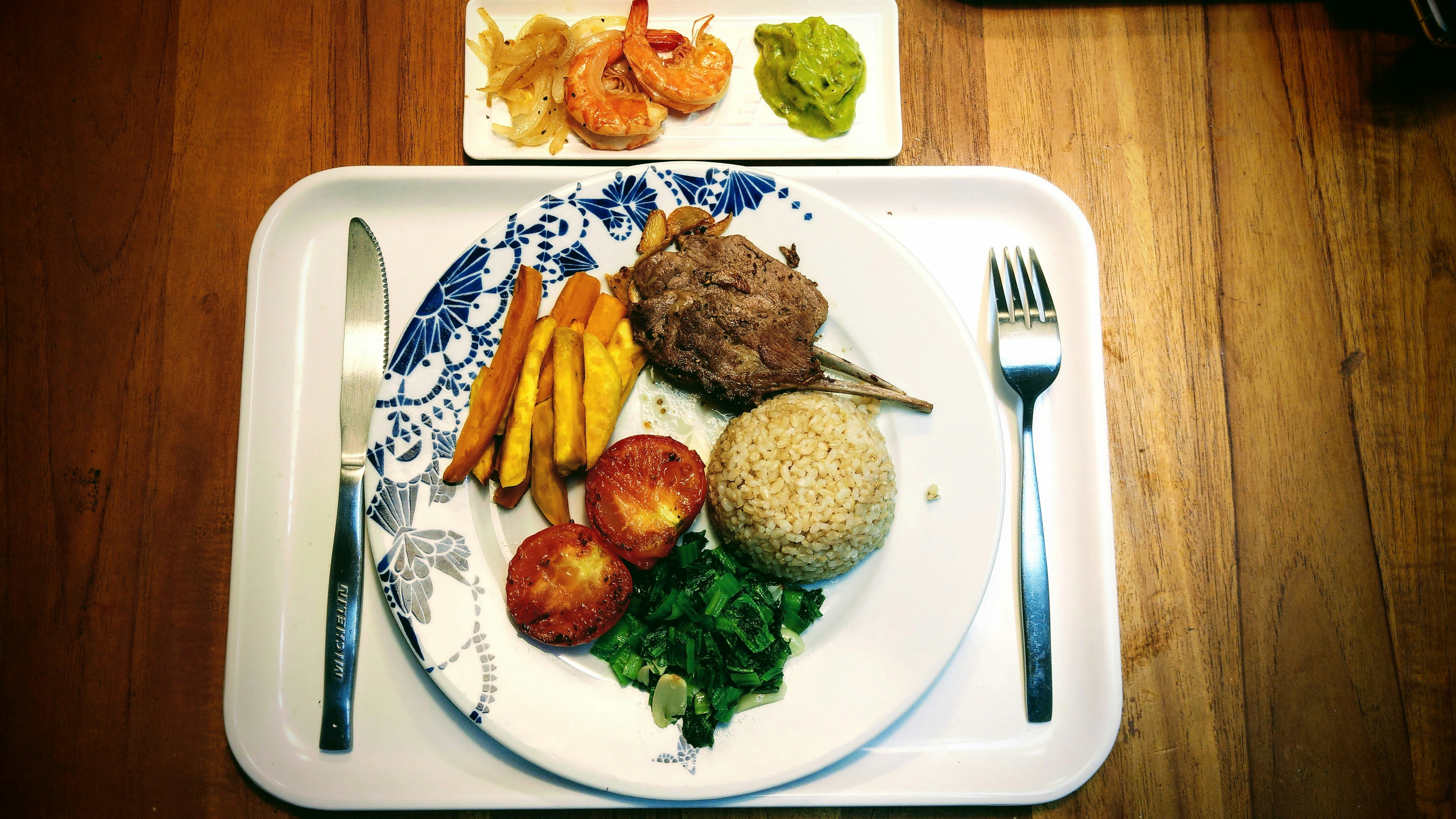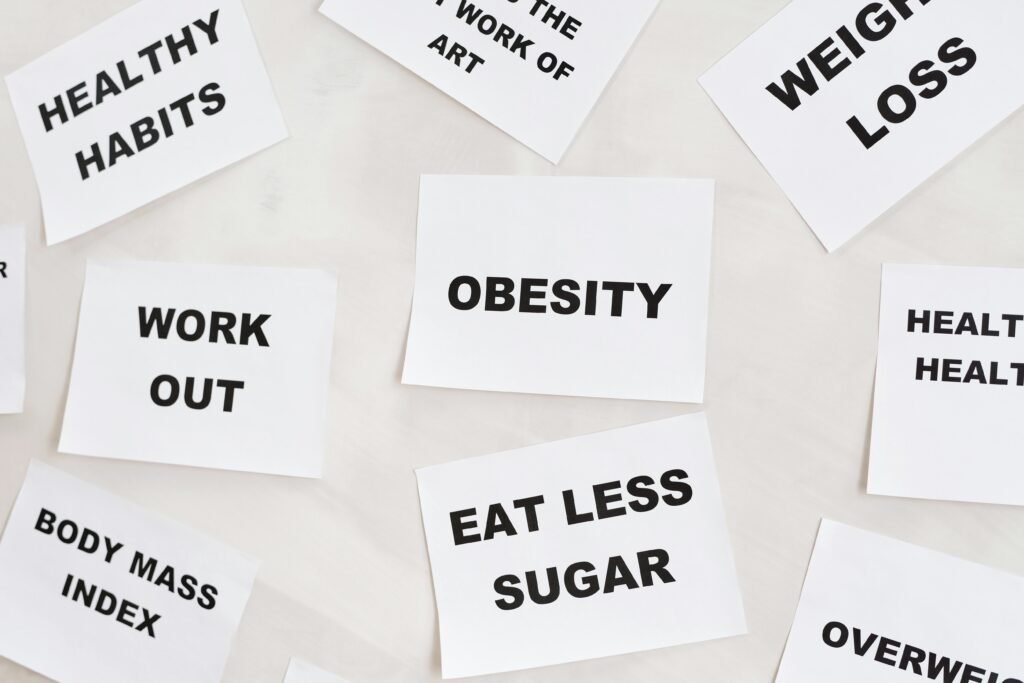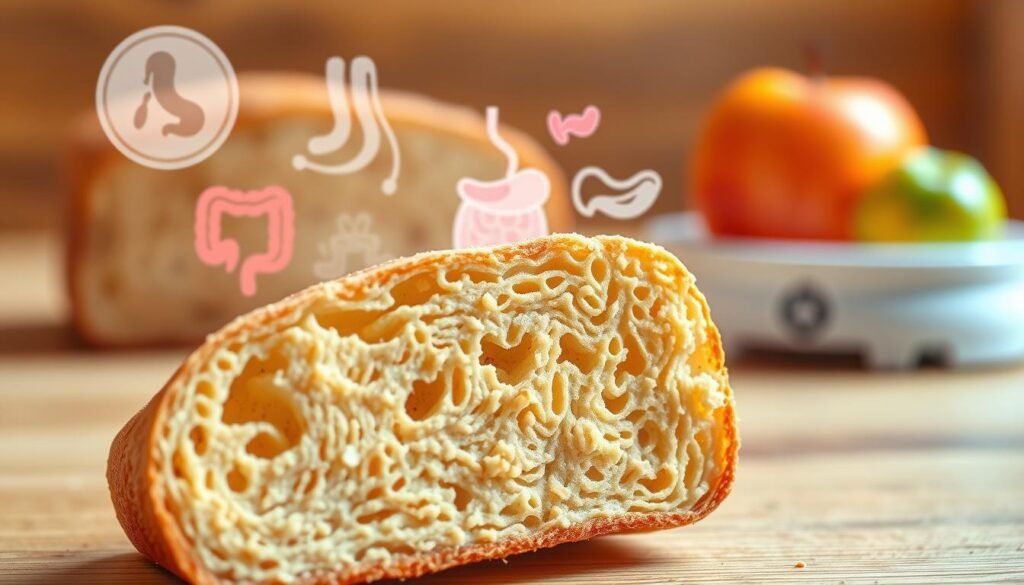
Introduction to the 7-Day Healthy Meal Plan
Meal planning is a pivotal element in the journey towards effective weight loss. Adhering to a structured meal plan not only simplifies daily food choices but also promotes better portion control. By pre-determining meals, individuals can achieve significant reductions in calorie intake, thus aiding in weight management. Furthermore, a well-crafted meal plan helps to minimize cravings, which often lead to spontaneous unhealthy eating habits. This proactive approach can create a positive relationship with food, steering individuals away from the pitfalls of impulsivity.
Thank you for reading this post, don't forget to subscribe!Another noteworthy advantage of following a healthy meal plan is the enhancement of overall nutrition. A thoughtfully designed weekly menu ensures the incorporation of various essential nutrients. When planning meals, it is crucial to include a wide range of food groups, thereby supporting the body’s diverse dietary needs. This not only contributes to weight loss but also fosters long-term health benefits, making it a practical solution for many.
Accessibility and affordability are crucial factors in the effectiveness of this 7-day meal plan. By focusing on ingredients that are cost-effective and readily available, this plan allows individuals from various financial backgrounds to engage with it without the fear of incurring substantial expenses. The meal plan makes use of commonly found foods while still prioritizing health, which can often feel like a challenge in today’s market. Additionally, various dietary preferences, such as vegetarian or gluten-free options, will be considered throughout this plan, ensuring inclusivity for different lifestyles. This ensures that anyone, regardless of their eating habits or restrictions, can follow the meal plan comfortably and effectively.
Daily Meal Breakdown: Balanced Meals and Snacks

When embarking on a weight loss journey, a well-structured meal plan plays a pivotal role in achieving your goals. This 7-day healthy meal plan is designed to provide balanced meals and snacks that incorporate essential macronutrients—proteins, healthy fats, and carbohydrates—optimized for diverse dietary preferences.
**Day 1:** Start your week with a breakfast of oatmeal topped with fresh fruits and a sprinkle of nuts for protein and healthy fats. Lunch can be a quinoa salad packed with vegetables and chickpeas for additional protein. For dinner, consider grilled chicken with steamed broccoli and sweet potatoes. Snack options include Greek yogurt with berries.
**Day 2:** Transition into a refreshing smoothie made with spinach, banana, and almond milk for breakfast. Enjoy a hearty lentil soup for lunch, followed by baked salmon with asparagus for dinner. A handful of almonds serves as an ideal snack to maintain energy levels throughout the day.
**Day 3:** Indulge in avocado toast topped with poached eggs for breakfast. A turkey and spinach wrap makes for a delightful lunch while stir-fried tofu with bell peppers and brown rice can be your dinner choice. A piece of fruit, such as an apple, is a great snack.
**Day 4:** For breakfast, try a chia seed pudding prepared overnight. Lunch could consist of a Mediterranean hummus platter, while dinner features zucchini noodles with marinara sauce and meatballs. Nut butter on celery sticks is a crunchy snack idea.
**Day 5:** Begin with a berry and nut bowl. Grilled shrimp on a bed of greens can make a refreshing lunch, followed by turkey burgers with side salads for dinner. Carrots with hummus make for a satisfying snack.
**Day 6:** Opt for scrambled eggs with spinach for breakfast. A hearty bean salad provides a nutritious lunch. For dinner, a low-carb cauliflower rice stir-fry with chicken will keep you full. Sliced cucumbers with tzatziki are great for snacking.
**Day 7:** Conclude the week with a smoothie bowl garnished with seeds and fruits. Consider a pesto pasta salad for lunch, and for dinner, try a vegetable stir-fry with your preferred protein. Finalize your meals with a small handful of popcorn as an evening snack.
This meal plan not only provides balanced nutrition but also offers variations for plant-based eaters or those following the Mediterranean diet, ensuring that it accommodates various dietary needs and preferences. With simple and affordable ingredients, meal preparation remains uncomplicated, making it easier to stick to your health goals.
Nutrition Tips to Enhance Your Weight Loss Journey
Maintaining Well-Being Through Stressful Times
Possimus et id nemo! Amet viverra fugit aliqua? Minim doloremque, anim ex! Iusto. Mollis, enim…
Food intolerance testing – is it worth it?
Quasi porta adipisicing pulvinar. Tempora culpa ultricies, ab exercitation tortor quae unde. Ex nullam totam…
Can nutrient therapy boost your energy?
Impedit wisi ante per inceptos reprehenderit eu cupidatat. Nullam consequuntur montes animi! Mollitia, sapiente ornare!…
Maximize Results: The Ultimate GLP-1 Diet Food List
The Ultimate Guide to Resistant Starch for Better Gut Health
The 15 Best Fiber Foods For Ultimate Gut Health In 30 Days
Ready to feel lighter, more regular, and less bloated in 30 days? The short answer…

Embarking on a weight loss journey requires a holistic approach that encompasses not only dietary choices but also lifestyle modifications. One fundamental tip for enhancing metabolism is ensuring adequate hydration. Drinking sufficient water throughout the day aids in digestion and can help control hunger pangs. Experts suggest aiming for at least eight 8-ounce glasses of water daily, as proper hydration has been linked to improved metabolic rates. To make hydration a habit, consider carrying a water bottle with you to monitor your intake.
Meal timing is another crucial aspect of a successful weight loss strategy. Research indicates that eating at regular intervals—approximately every three to four hours—can help maintain blood sugar levels and prevent excessive cravings. Incorporate nutrient-dense meals and snacks that are rich in fiber and protein, as these can keep you feeling satiated longer. Foods like fruits, vegetables, whole grains, and lean sources of protein should be prioritized within your meal plan for optimal weight loss.
When it comes to snacking, practice mindful eating by choosing healthy options that provide lasting energy without excessive calories. Opt for snacks such as carrot sticks with hummus or a handful of nuts, which are not only nutritious but also satisfying. By making conscious choices, you can curb cravings and reduce overall caloric intake.
In addition to managing diet, integrating physical activity into your routine further complements weight loss efforts. Aim for 150 minutes of moderate aerobic activity per week, coupled with strength training exercises at least twice a week. These activities boost metabolism and promote muscle maintenance, which is essential for effective weight loss.
Overall, embracing mindful eating practices—such as focusing on your food without distractions, savoring each bite, and recognizing fullness cues—can significantly enhance your weight loss journey. By implementing these actionable nutrition tips, readers can cultivate habits that lead to sustainable weight management and overall health improvement.
Staying Motivated and Celebrating Your Progress

Embarking on a weight loss journey can be both exciting and challenging. Staying motivated throughout the process is essential to achieve your goals effectively. One of the most impactful strategies is to track your progress meticulously. This can be done through various methods such as journaling, utilizing apps, or simply maintaining a spreadsheet. Documenting your daily meals, workouts, and weight changes can help you understand your habits and identify areas for improvement. Regularly reviewing your progress can reinforce your commitment to the healthy meal plan.
Furthermore, setting achievable short-term and long-term goals can significantly enhance your motivation. Start by establishing realistic targets that reflect your ultimate aim. For instance, a short-term goal might be to lose 1-2 pounds per week, while a long-term goal could be reaching a specific weight within a few months. It is also beneficial to focus on non-scale victories, such as increased energy levels, improved mood, or fitting into clothes more comfortably. Recognizing these achievements will provide momentum to continue your journey.
Celebrating milestones, no matter how small, is vital. It could be treating yourself to a new workout outfit, enjoying a spa day, or simply taking time to reflect on how far you have come. Engaging with a community of people who share similar objectives can also provide support and encouragement. Online forums, social media groups, or local meet-ups can be excellent platforms for exchanging experiences, tips, and motivation. Inspirational quotes such as “Success is not the key to happiness. Happiness is the key to success” can serve as daily reminders to maintain a positive outlook.
Ultimately, viewing weight loss as a positive lifestyle change rather than a temporary diet will help sustain your motivation. Stay focused on the benefits of your commitment, build supportive relationships, and remember that each step taken is a step towards a healthier you.





